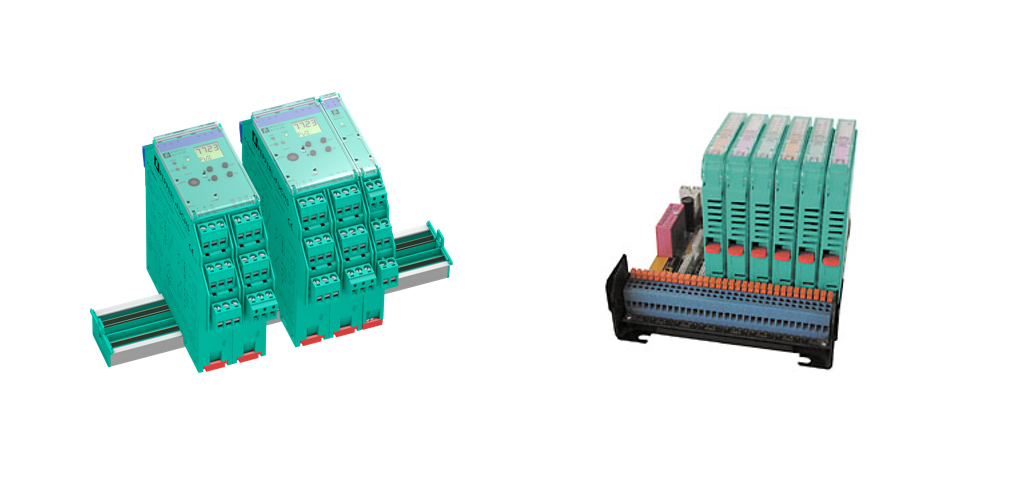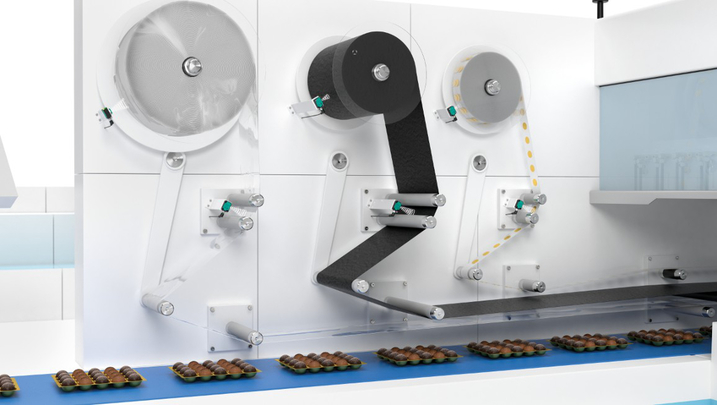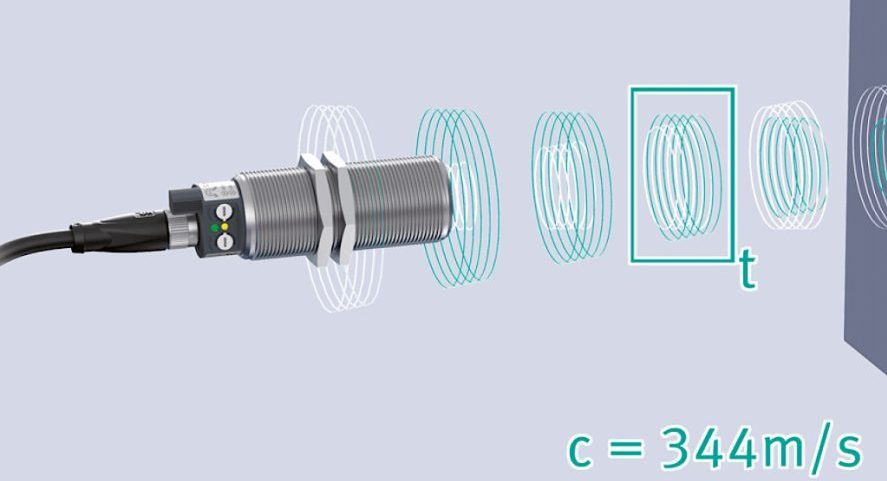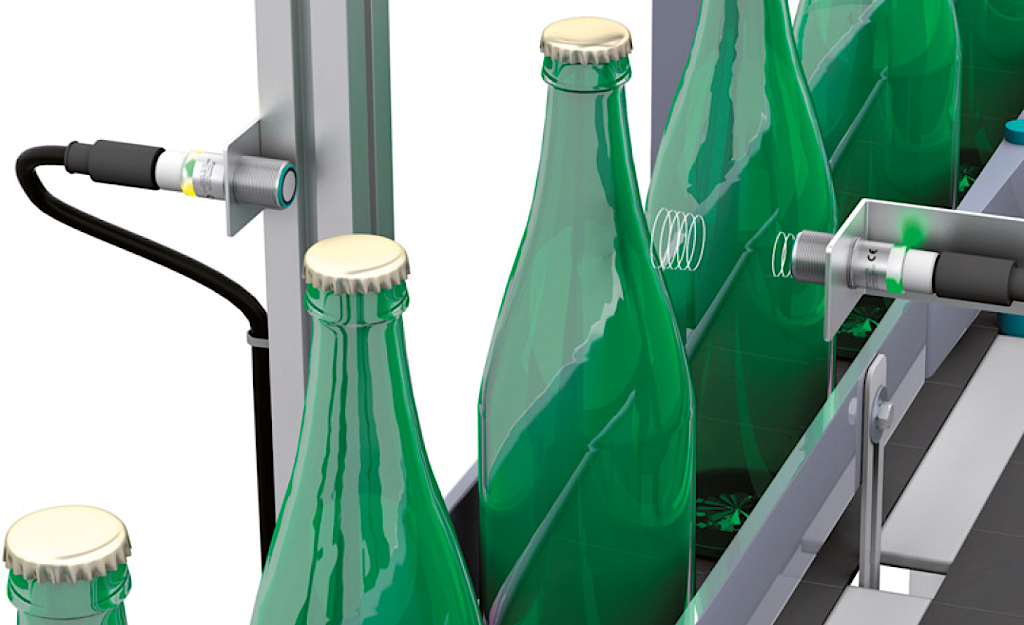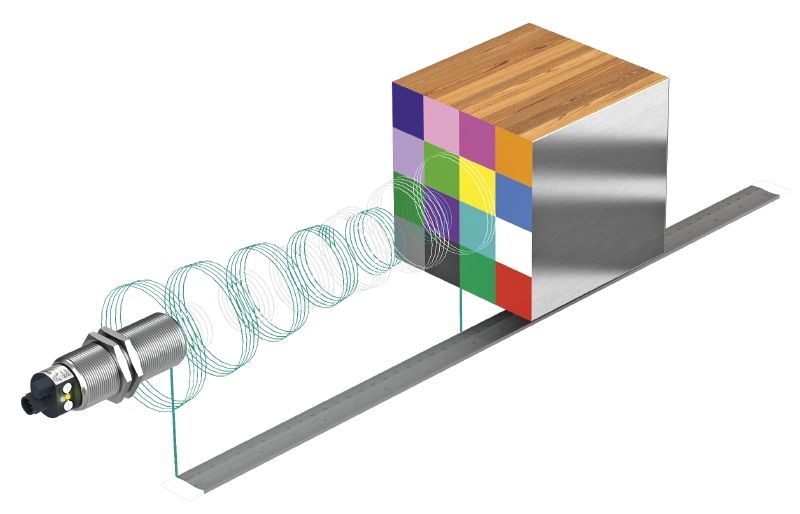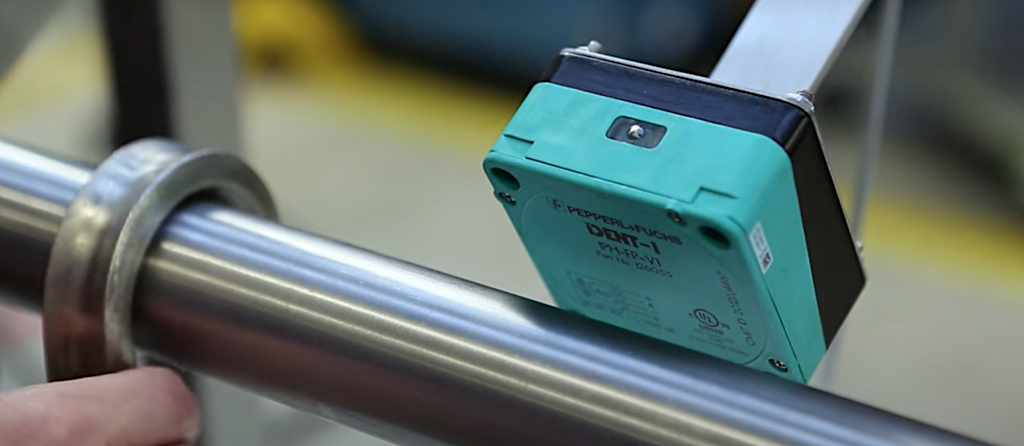What Are the Differences between the K-System and the H-System?
Pepperl+Fuchs offers two extensive product families for safely transmitting signals between the field and control levels: the K-System and the H-System. Get to know the differences between and benefits of these two systems, and explains for whom each system is most suitable.
